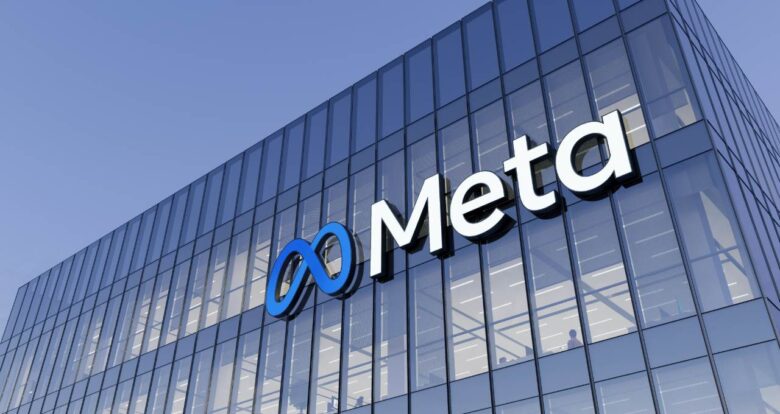The online landscape can be a breeding ground for hate speech, often masked by seemingly innocuous terms. Meta, the parent company of Facebook and Instagram, is taking a stand against this by expanding its hate speech policies to address the misuse of the term “Zionist.”
What is Zionism, Anyway?
Before diving into the new policy, let’s unpack the term “Zionist.” In its purest form, Zionism refers to a political movement advocating for the establishment of a Jewish homeland, historically culminating in the creation of the state of Israel.
However, the term has become more complex over time. Some use it to describe anyone who supports Israel’s existence. Others, particularly those critical of Israeli policies, employ it as a label for all things associated with the Israeli government.
The Problem with Proxy Hate Speech:
The issue lies in how “Zionist” can be used as a proxy for antisemitic attacks. Meta’s research, along with consultations with experts, revealed a disturbing trend: some users deploy the term “Zionist” to target Jewish people or Israelis with hate speech, disguised as political critique. This includes:
- Antisemitic Tropes: Classic conspiracy theories about Jewish control of the world or media can be disguised as attacks on “Zionist power;”
- Dehumanization: Comparisons of Jews or Israelis to animals are a repugnant form of hate speech, often hidden under the guise of criticizing “Zionist tactics;”
- Threats and Violence: Posts threatening violence or harm against Jews or Israelis can be cloaked in language attacking “Zionists;”
- Denial of Existence: Statements denying the right of Israel to exist or the historical presence of Jews in the region can be disguised as anti-Zionist rhetoric;
- Mocking Illness: Posts that mock Jewish people for having diseases are a deplorable form of hate speech, sometimes veiled as criticism of “Zionist arrogance.”

Meta’s Counteroffensive: Protecting Vulnerable Groups
Recognizing this abuse of language, Meta is taking action. They will now remove content attacking “Zionists” when the clear intent is to target Jews or Israelis with hate speech.
This policy shift comes after a comprehensive review of the term’s online usage, particularly during the recent conflict in Gaza. It also involved consultations with over 145 experts, including historians, civil rights groups, legal scholars, and free speech advocates.
This new approach aims to create a safer online environment for Jews and Israelis. Meta acknowledges the complexity of free speech debates, but it prioritizes protecting vulnerable groups from targeted attacks disguised as political commentary.
A Step Forward, But Not the Finish Line:
This policy update represents a significant step towards curbing online antisemitism. However, Meta acknowledges the ongoing challenge. They have requested guidance from their oversight board on moderating posts that accuse “Zionists” of war crimes, highlighting the nuanced nature of online discourse.
The fight against online hate speech is a constant battle. This new policy by Meta signifies a commitment to identify and dismantle the disguises bigots use to spread hatred. By remaining vigilant and adapting its approach, Meta can foster a more inclusive online space for all.



